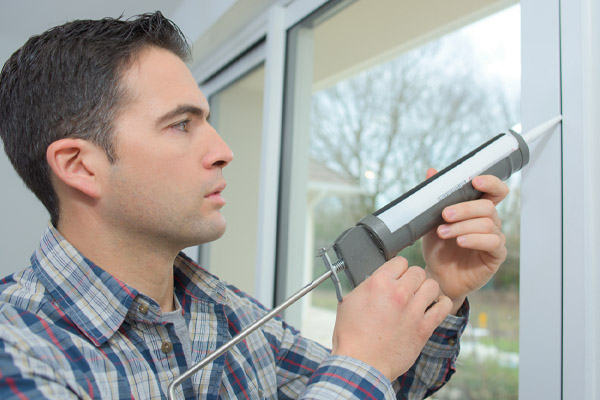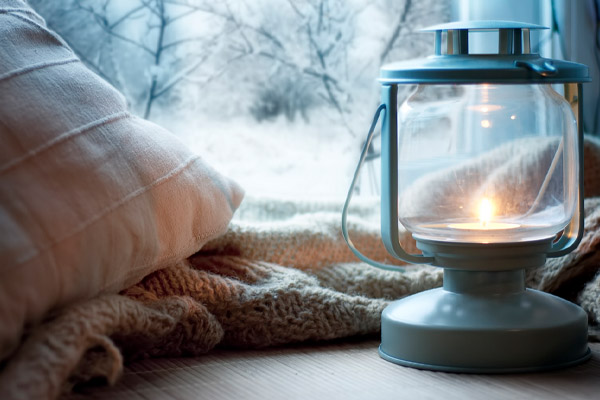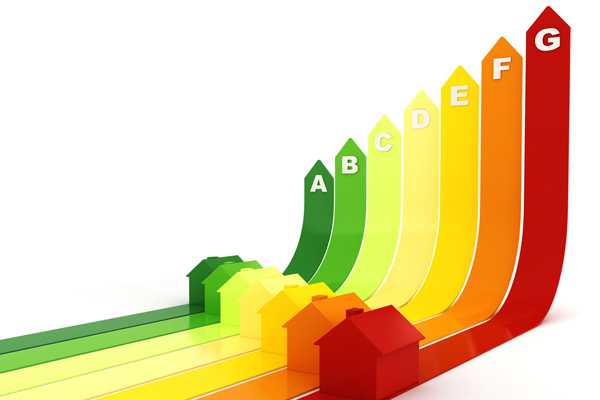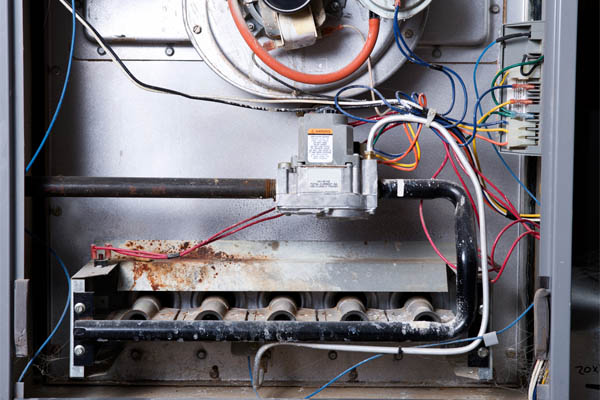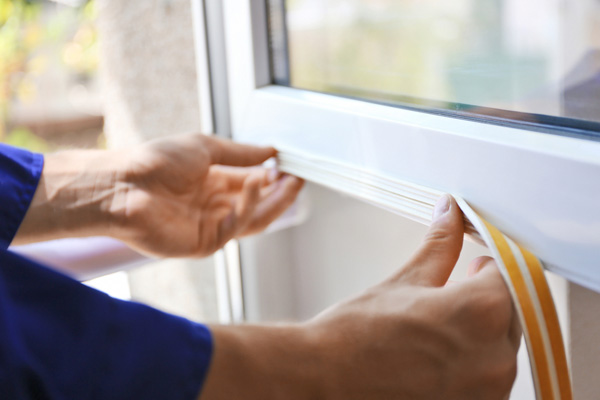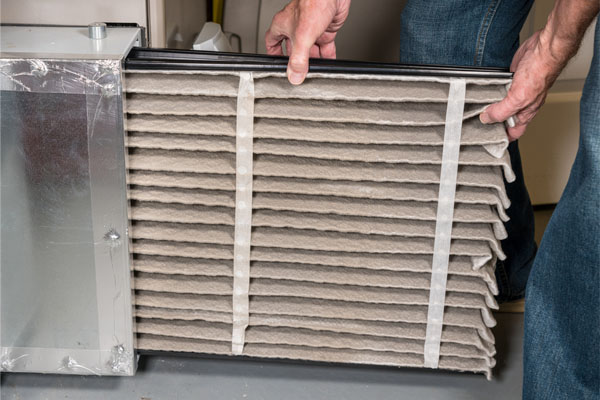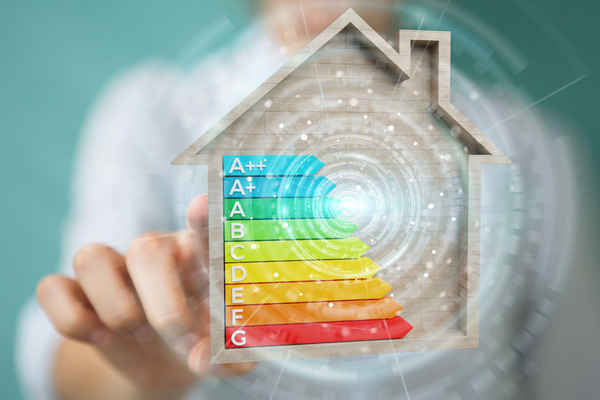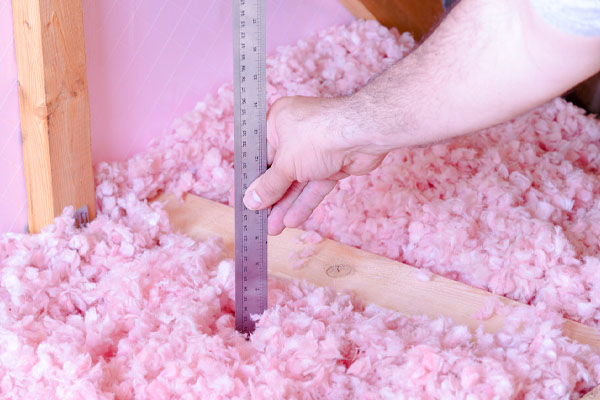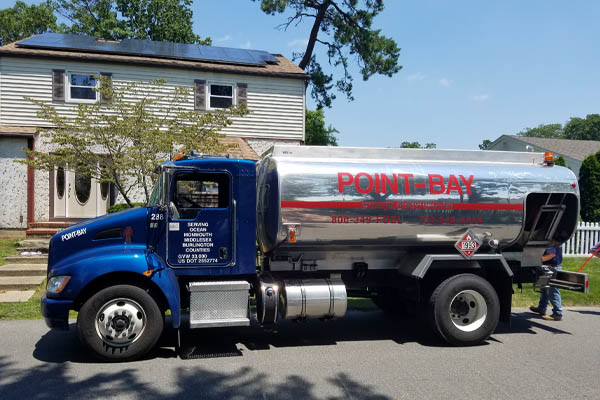
When you need a Toms River NJ fuel oil delivery, be sure to contact Point Bay Fuel, your reliable and trusted heating oil delivery service.
By ordering from us, you will get high-quality fuels at the best available home heating oil prices. Also, we specialize in HVAC services. When your heater needs a tune-up or repair, we have certified HVAC technicians on staff to perform that task for you. As your preferred home comfort specialists, you can feel confident that when you call our office to schedule an appointment, only the best-trained technicians will be there to help.
How Oil Heating Systems Work
When the inside temperature gets below the setting on your thermostat…
a signal is sent to the heating system to fire back up. This signal causes your heater to produce heat which it distributes throughout your home. Depending on your heating system, this process involves steam going through radiators, hot water passing through baseboards, or warm air traveling through air ducts and vents. In this article, we will discuss how various heating oil systems work.
Types Of Oil-Fired Heating Systems

There are two main types of oil heating systems. These are warm air and water systems. Hydronic heating systems work by way of hot water or steam. Just like the name implies, hot air systems heat the air and then distribute it throughout the home. A blower pushes hot air through a system of air ducts and vents. The vents are in the walls and floor leading into each room. A return duct is used to draw the cold air back into the heater. The cold air is heated once again and the blower redistributes it throughout the house. This is what is called the heating cycle.
Hot water and steam heaters heat the water first in a cast iron or steel boiler. The resulting hot water then travels throughout the home in liquid or gaseous form. In hot water systems, the heated water is circulated as a liquid through radiators or baseboards. On the other hand, steam systems only use the steam rising from the heated water and this hot steam flows through pipes to radiators and out into the rooms.
Main Components Of An Oil Heating System
The main components of an oil heating system consist of…
the heating oil tank, burners, heat exchanger, blower, and the flue.
Heating Oil Tank
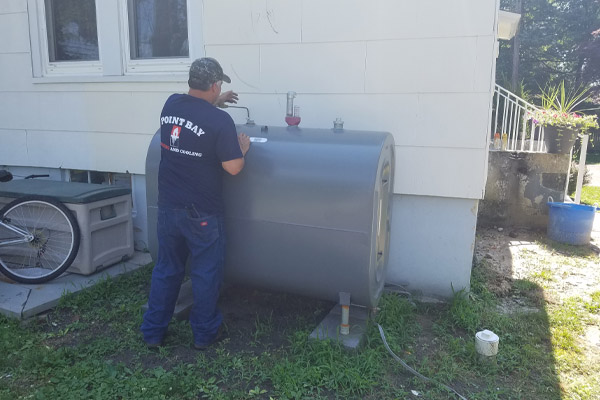
The design of your heating system and heating oil tank is what determines their placement. Some are above ground and others below. Some are outdoors and others, indoors. Wherever your tank placement is, be sure to replace your heating oil tank when it has reached the end of its expected lifespan.
Also, you must make sure that you are ordering high-quality fuel. There are fewer impurities in high-quality fuel oil. This is important because impurities affect the amount of sludge that builds up over the lifetime of the tank. It is well worth it to buy high-quality heating oil even if it costs a bit more per gallon. You’ll pay less for it in the long run. However, it is important to note that all tanks develop sludge. High-quality fuel has fewer impurities in it which slows down the process. Also, reputable home heating oil delivery companies place additives in their oil that help prevent sludge buildup.
Burners
When your heater is operating, heating fuel oil moves into the burner from the heating oil tank. The burner atomizes the oil and mixes it with air in the burner. This ensures that it ignites inside the combustion chamber.
Heat Exchanger
The result of the ignition of the oil/air mixture is that the flame heats a series of metal tubes known as the heat exchanger. The heat exchanger is a good heat conductor and remains hot for a long time. The return duct passes cool air over the heat exchanger and which heats the air.
Blower
The blower in the furnace distributes warm air throughout the home’s ductwork.
Flue
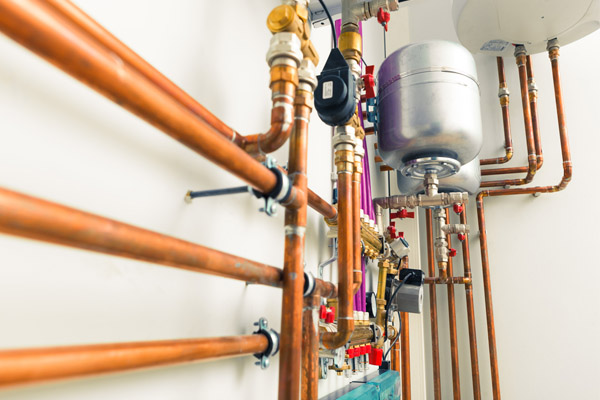
Carbon monoxide and other potentially lethal gases are a byproduct of combustion of all heating fuels.
This is regardless of whether it is natural gas or heating oil. To remove CO gases from your home and to protect your family, heating oil systems have flue pipes that go to the outside of the house. This ensures that your interior air is safe, improving your indoor air quality. Nevertheless, to ensure that your family is completely safe, the installation of carbon monoxide detectors throughout the home is crucial.
As a general rule, unlike natural gas systems, heating oil systems produce obvious signals long before carbon monoxide leaks create a problem. You will see soot and smell oil. However, it is always better to install detectors even if heating oil is used to heat your home. Every heating system should inspire the installation of CO detectors because they all carry the potential for CO leaks.
Oil Heating System Maintenance
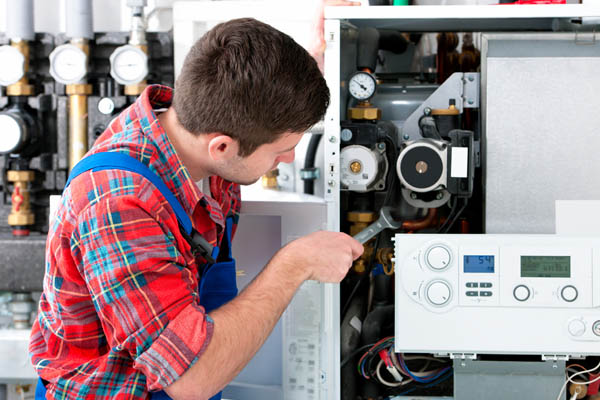
Hiring a qualified HVAC technician to perform routine maintenance on your heating system is a must for keeping it operating in pristine condition. Annual preventative maintenance checks are the best way to accomplish this. Call Point Bay Fuel to schedule an appointment.
Conclusion
The two main oil heating systems are hot air and water systems. This heat then travels through the home through a series of pipes or ducts and vents. The main components of oil heating systems include the oil storage tank, burners, heat exchanger, blower, and flue pipe.
To be on the safe side, be sure to install carbon monoxide detectors throughout your home. Hiring a qualified HVAC technician is another step of the process of ensuring that your home is safe by routine cleaning and repair of your heating system.
When looking for fuel oil delivery near me or the best local fuel oil prices, make sure to purchase your oil from a local reputable fuel oil dealer. For the best heating oil companies near me, contact Point Bay Fuel.
We offer the fastest delivery times at the best fuel oil prices.
You can count on us to provide you with high-quality fuel and friendly service. Ask us about our financing and delivery plan options. We also offer HVAC services that ensure that your heating system is operating efficiently. Call today to schedule an appointment.
Call Point Bay Fuel For Superior Home Comfort Solutions

Point Bay Fuel offers superior heating oil deliveries and HVAC services in Ocean and Monmouth Counties, New Jersey. Our heating oil deliveries are fast, reliable, and affordable, and we always keep your safety in mind. We offer various heating oil delivery plans and financing options. This way, you can customize your fuel deliveries to meet your needs.
Likewise, we hire the best, certified HVAC technicians who can provide you with excellent HVAC tune-ups, repairs, installations, and replacements. Each of our techs has the knowledge and experience to service your HVAC system correctly – the first time around.
Point Bay Fuel guarantees the most competitive home comfort service costs in the area. Our maintenance services can improve your comfort and energy efficiency while reducing your home HVAC costs. If you are interested in improving your indoor air quality, then look no further. Our experts know the most advanced solutions to achieve all of your home comfort needs. All of our services are backed with a guarantee to ensure your satisfaction. To schedule an appointment, give Point Bay Fuel a call today.
Contact us now by calling (732) 349-5059 to speak to one of our home comfort specialists!
The post Power Up Your Home With Great Fuel Oil Delivery In Toms River appeared first on Point Bay Fuel.

